Superior solutions for hydraulic system efficiency
September 3, 2021 5:59 pm
Lubrication solutions play a key role in maintaining machine efficiency and achieving both productivity and profitability.
The modern factory floor is a matrix of equipment, technology and innovation. As operations and system components have become more sophisticated, optimising hydraulic system efficiency has gained priority in business vision. For today’s plant managers, complex hydraulics maintenance strategies in everyday operations poses a challenge – demanding technical expertise and cutting-edge solutions for enhanced productivity and profitability.
Correct guidance, advice and choice of lubrication solutions to ensure continuity of hydraulic systems can play a key role here in assuring unhindered operations. For this, industry leaders like MobilTM Lubricants are bringing rich innovation in the sector to formulate superior solutions that improve the lifespan of hydraulic systems and guarantee equipment wear protection.
Back to basics
At the core of their operations, hydraulic systems transmit power through a liquid, permitting multiplication of force. Contamination comes in many forms, air being a key source. The two most common air-related hydraulic contamination conditions are aeration and cavitation. Aeration occurs in the preliminary stages of a hydraulic system. When the pump sucks the oil out of the reservoir, a resulting vacuum moves the oil through the pump into the hydraulic pipeline. If oil levels are low or pipe fittings are loose, free air enters the pump, resulting in aeration. To avoid any potential performance issues, the reservoir must be filled adequately. Cavitation occurs when dissolved air is freed from mineral oil and synthetic-based fluids that contain ~8 percent of it. To prevent cavitation too, it is imperative to ensure optimal levels of hydraulic fluid in the reservoir and monitor hydraulic pressure.
To overcome these everyday challenges and maintain continuity, partnering with an informed lubricant manufacturer who can guide with appropriate studies and advice on product solutions is key.
Protection for productivity
When a hydraulic oil does not provide extended component protection, one encounters abnormal wear, which necessitates frequent lubricant application, reduces equipment life and can lead to potentially catastrophic system failures. Identifying the right hydraulic oil, thus, can go a long way in protecting valuable equipment and increasing efficiency.
First, companies should employ hydraulic lubricants in appropriate viscosity grades, such as 32, 46 or 68, with a product profile that delivers superior keep-clean performance, superior wear protection and superior contamination control. Second, a key indicator of a hydraulic fluid’s anti-wear performance is the ability of the oil to retain its properties over a long period. While operational longevity is dependent on many factors, three to five years is an acceptable lifespan for a hydraulic fluid. Additionally, high-performance fluids achieve service lifespan of even seven years and more.
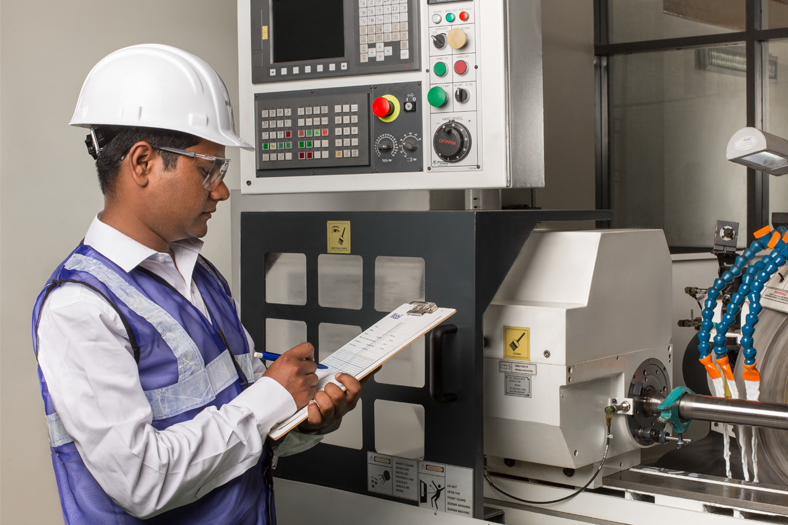
Typical hydraulic systems require oil cleanliness in the ISO 16/13 or 14/11 range. To support this level of cleanliness, maintenance professionals must install a filter before the pump and after the pump, along with a separate servo valve filtration and/or return line filtration. The strainer protects the pump, the pressure filter protects the actuator, the servo filter ensures proper servo operation, and the return line filter ensures reservoir hygiene. While each filter may have a different cleanliness rating, it is important to work closely with lubricant manufacturers to realise the levels of cleanliness needed to maintain proper component functionality and achieve hydraulic system efficiency.
Innovation at Mobil
Recognising the critical role hydraulic system efficiency plays in overall business performance, Mobil has formulated the Mobil DTETM 20 Ultra Series. This advanced series of hydraulic oils has been designed for all types of hydraulic systems and components such as close clearance servo-valves and high accuracy numerically controlled (NC) machine tools. These are high performance anti-wear hydraulic oils with extended oil life capabilities and have demonstrated up to 2 times longer oil drain intervals versus similar competitive oils*. The products exhibit outstanding oxidation and thermal stability allowing long oil life and minimised deposit formation in harsh conditions and with severe hydraulic systems using high pressure, high output pumps. The keep clean performance protects critical hydraulic system components from malfunction, such as tight tolerance servo and proportional valves found in many modern hydraulic systems. These products meet the most rigorous performance requirements of a wide range of hydraulic system and component manufacturers, allowing the use of a single product with excellent performance characteristics.
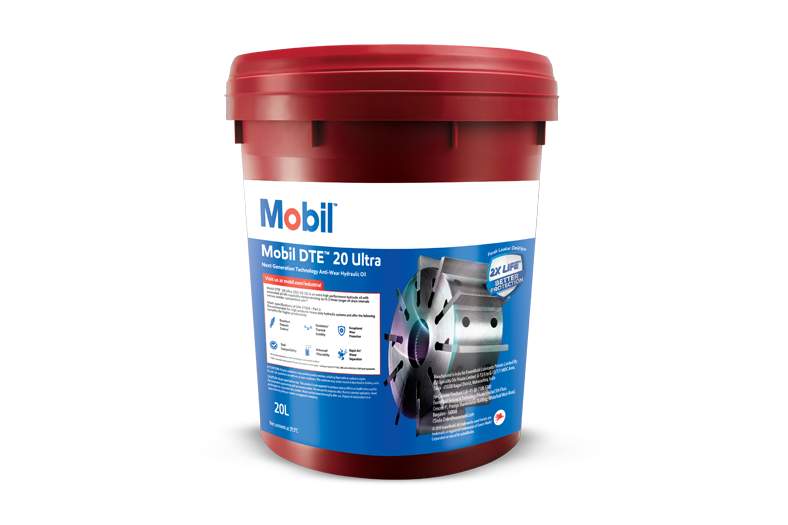
Mobil’s solutions for the manufacturing sector have been developed through years of dedication innovation, research and experimentation. Lubrication solutions play a key role in maintaining machine efficiency and achieving both productivity and profitability. As manufacturers prepare to resume operations, smart solutions in key components – like choosing the right lubricant for a hydraulic system – can play a key role in reducing costs and accruing greater returns.
Disclaimer: *Mobil DTE 20 Ultra Series oils have demonstrated up to 2 times longer oil drain intervals versus similar competitive oils (ISO VG 46 with a viscosity index around 100 and a zinc based anti-wear system – meeting at least ISO 11158 (L-HM) and/or DIN 51542-2 (HLP type) requirements) in demanding Mobil Hydraulic Fluid Durability (MHFD) testing.
(ExxonMobil Corporation has numerous affiliates, many with names that include ExxonMobil, Exxon, Esso and Mobil. For convenience and simplicity, those terms and references to “corporation”, “company”, “ExxonMobil”, “EM”, and other similar terms are used for convenience and may refer to one or more specific affiliates or affiliate groups).
Cookie Consent
We use cookies to personalize your experience. By continuing to visit this website you agree to our Terms & Conditions, Privacy Policy and Cookie Policy.




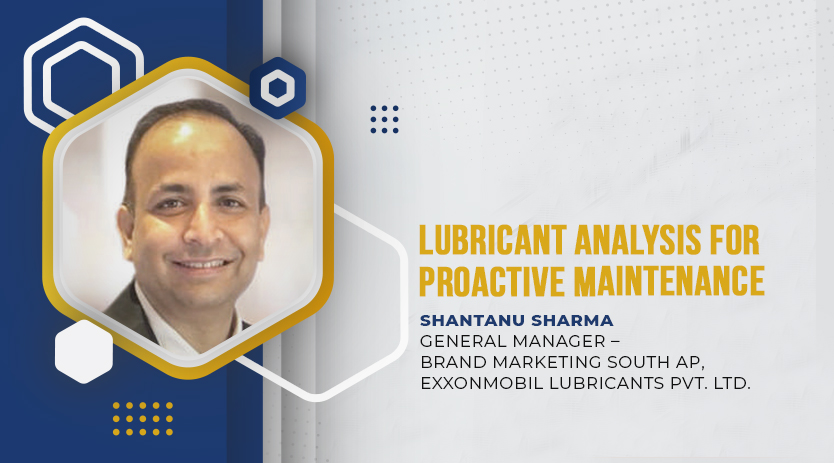
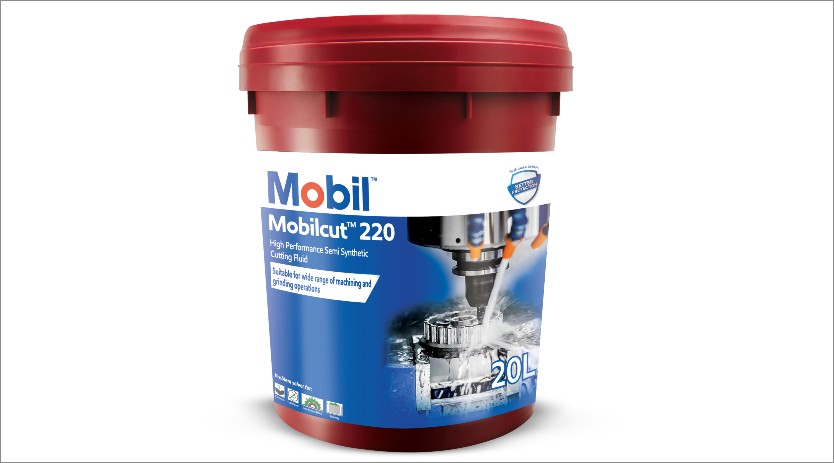
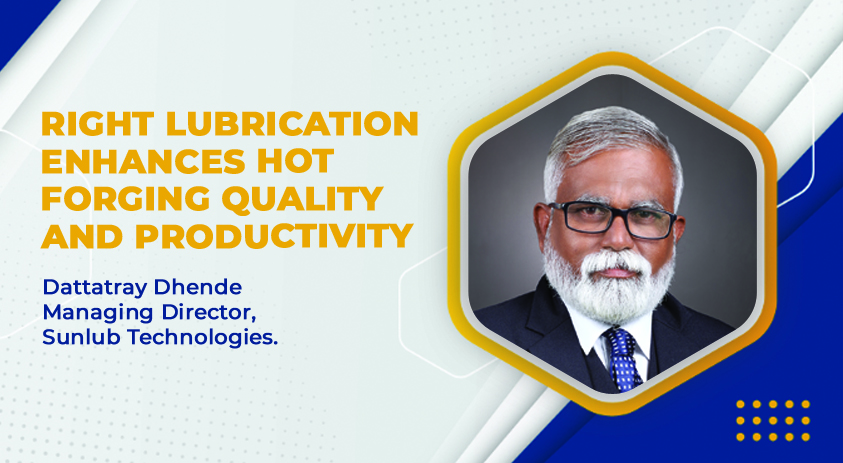
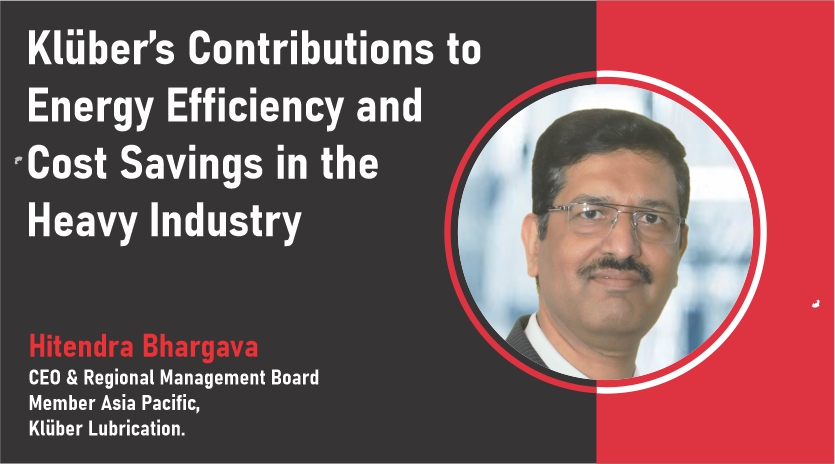
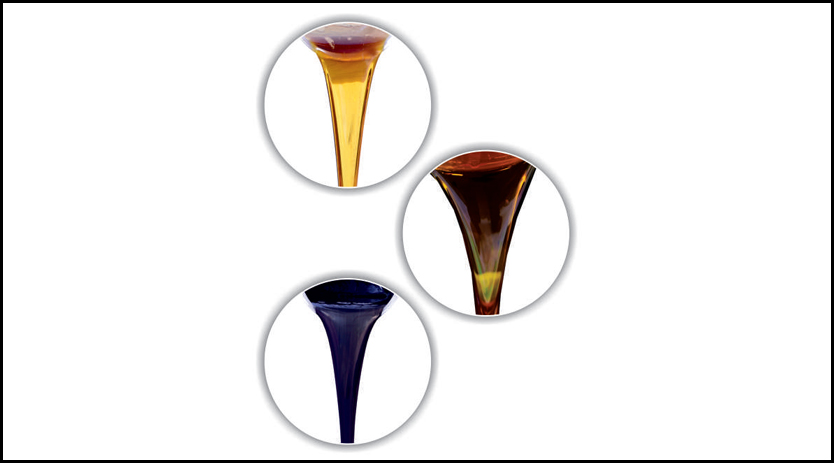
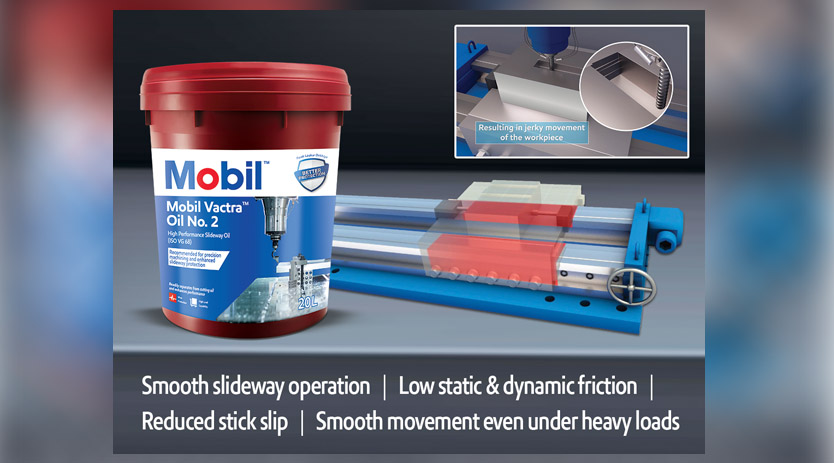
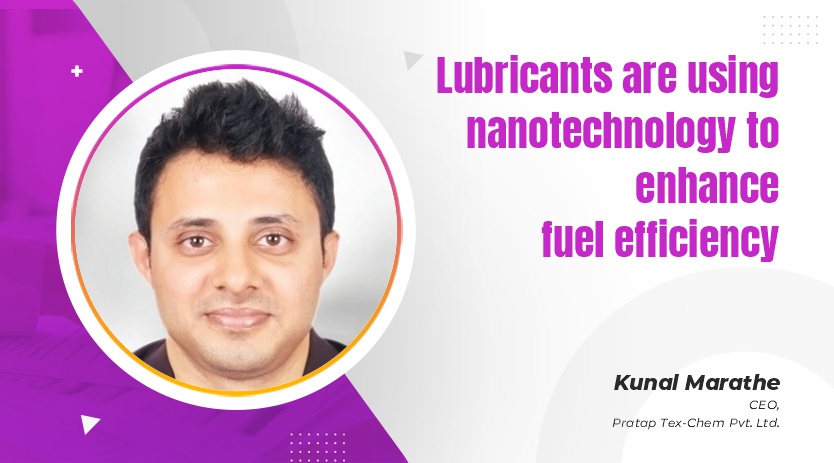






 English
English Hindi
Hindi